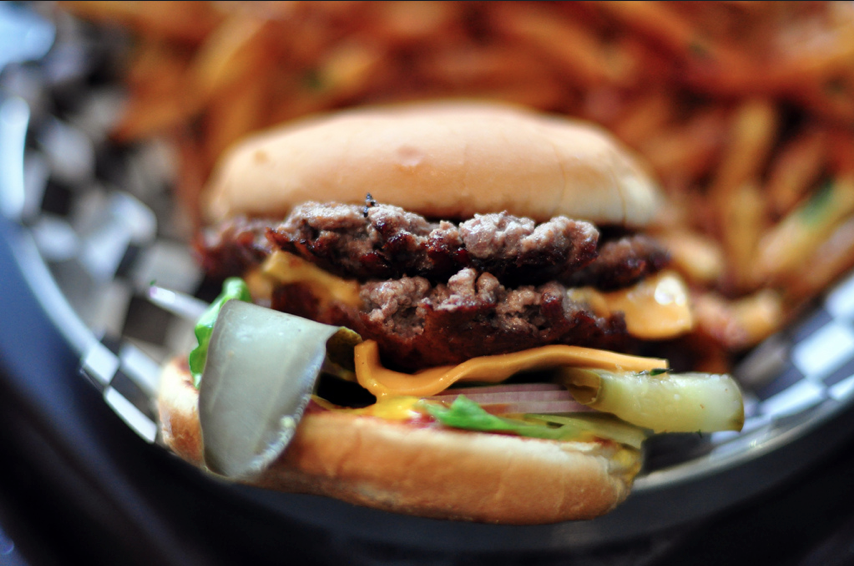Don’t let the big word scare you: Synesthesia is a pretty simple concept. For those of us whose scientific knowledge ends at “the mitochondria is the powerhouse of the cell,” let’s break it down into its simplest terms.
Synesthesia is a condition affecting approximately 4.4% of people in which an external stimulus that usually triggers one sense automatically and involuntarily affects another sense. For example, a synesthete could begin to see colours whenever they take a sip of wine (and no, your drunken visions don’t count).
Lexical-gustatory synesthesia, one of the rarest forms, means that saying certain words can trigger your sense of taste. In severe cases, even just reading or thinking about words can cause synesthetes to have their mouths flooded with flavour.

GIF courtesy of tumblr.com
Although there is no confirmed cause for synesthesia, research has found that it tends to mirror regular human perception. This means that the word black would most likely have a rich or heavy taste, whereas a word like pink would likely be much brighter and sweeter.
Now that you understand the basics, it’s time to get into the fun stuff. I was lucky enough to talk to Allison, a young woman with lexical-gustatory synesthesia, about what it’s like to live with this condition.
Spoon: Hi Allison! Let’s start it off easy. Do you only taste words by saying them, or does hearing and reading them also affect you?
A: I can taste them just about any way… The taste will always be there if I think about it, but hearing them being spoken gives me the strongest taste sensation, especially if the speaker puts a lot of emphasis on the word.
Spoon: And does every word trigger a response, or only certain ones?
A: For me, it’s only certain words. Some words have a much stronger taste than others, while there are some words I don’t really taste every time I hear them [but] if someone were to ask me what they taste like, I could tell them. Then there are a lot of words that don’t taste like anything to me.

Photo courtesy of flickr.com
Spoon: What are your favourite and least favourite words, based solely on taste?
A: “Welcome” has always had the taste and texture of Tootsie Rolls, so that’s a favorite. Also the name “Arnold” tastes like a really good cheeseburger. As far as least favorite words go, pretty much any combination of k and e tends to taste really gross, like the name “Kiki” or the word “geek”. Even reading them can make me feel nauseous.
Spoon: You may have just answered our next question — what’s the hardest part about being a synesthete?
A: There are a few words that I really don’t like for taste reasons, but it’s hardly ever so overwhelming that it becomes a problem. Luckily most of the words I find gross don’t pop up in everyday conversation.
Spoon: Finally, we have to ask, what does the word “Spoon” taste like?
A: “Spoon” has a really nice taste, vaguely vanilla, and with a creamy but substantial texture, like a pudding or custard.

GIF courtesy of tumblr.com
Sounds pretty good to us.


